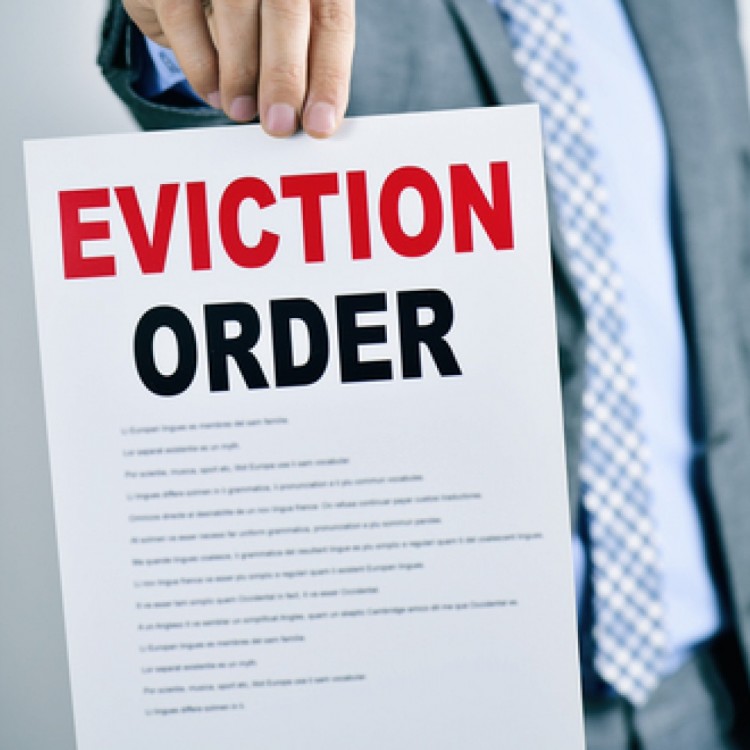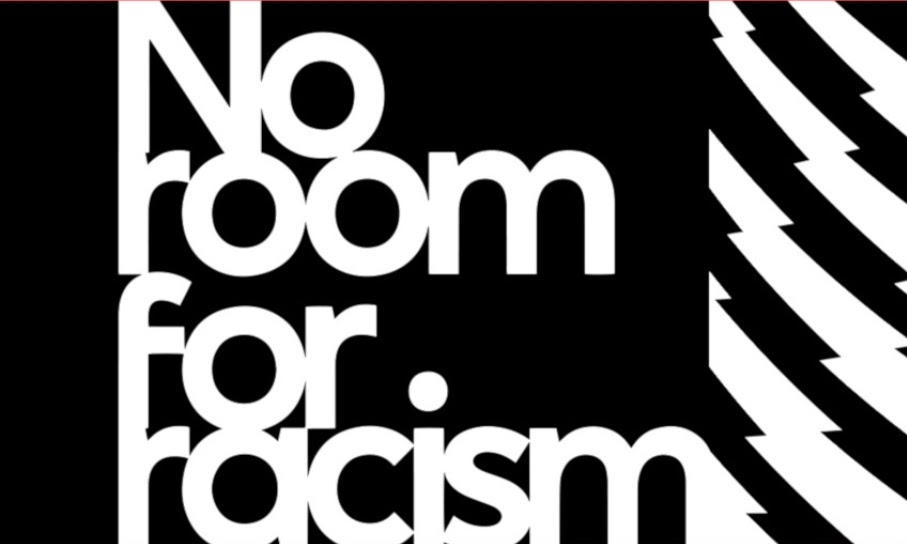New eviction powers planned for private landlords … Is it enough?
Posted on 19th April 2023
Government plans to tackle antisocial behaviour includes new eviction powers for landlords with nuisance tenants. However, with many landlords desperate for an effective replacement following the abolishment of Section 21, does the proposed legislation change measure up?
The proposal's objective is to give landlords more power and support in evicting troublesome tenants. Sunak’s proposal will allow landlords to evict tenants who are disruptive to neighbours, cause damage to the property, and, perhaps most notably, those falling behind on rent.
Under the new proposal, all new private tenancy agreements must include clauses specifically banning antisocial behaviour and notice periods will be halved from four to two weeks.
Landlords will have grounds to evict persistently problematic tenants, causing the following disturbances:
- Noise disturbance
- Drunken behaviour
- Drug use
- Damage to the property
- Rental arrears
New eviction rights for landlords will increase the range of disruptive and harmful activities that landlords are able to use as grounds to evict, including non-paying tenants. Its hoped that landlords will be able to quickly conclude an eviction when facing the financial strain caused by rental arrears.
There are plans to also prioritise such court cases to ensure evictions are dealt with more swiftly. Judges will be required under new legislation to consider rogue tenant impact on landlords, housemates, and neighbours when reviewing cases.
Sunak announced his ASB proposals earlier which included:
- On-the-spot drug testing increases as well as expanding drug testing on arrest
- On-the-spot fines for littering and graffiti to more than triple
- Members of the public to have a greater say on punishments for antisocial behaviour offenders
In summary, the new proposals should make it easier for landlords to evict troublesome tenants and hopefully reduce the time taken to regain control of their properties. However, whilst it offers some positives for landlords, it does not address an issue many are currently facing in regard to the significant number of backlogged cases already in the court system, and as yet, there is no new process to help landlords affected by the delays.
More on the government’s overall plans to tackle anti-social behaviour can be found at GOV.UK
UKR2R
Web: www.theukright2rentregister.org
https://www.facebook.com/theukright2rentregister/


